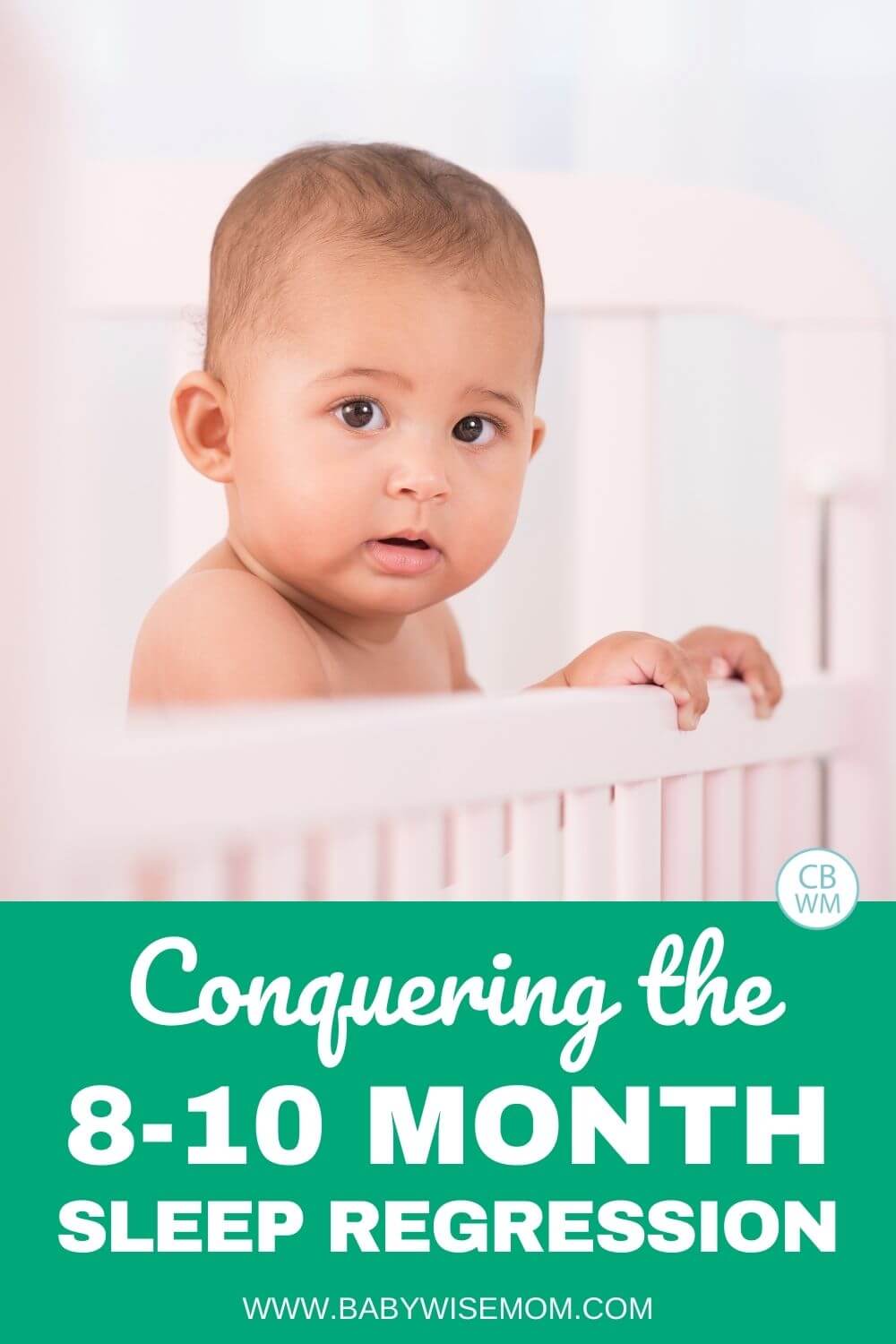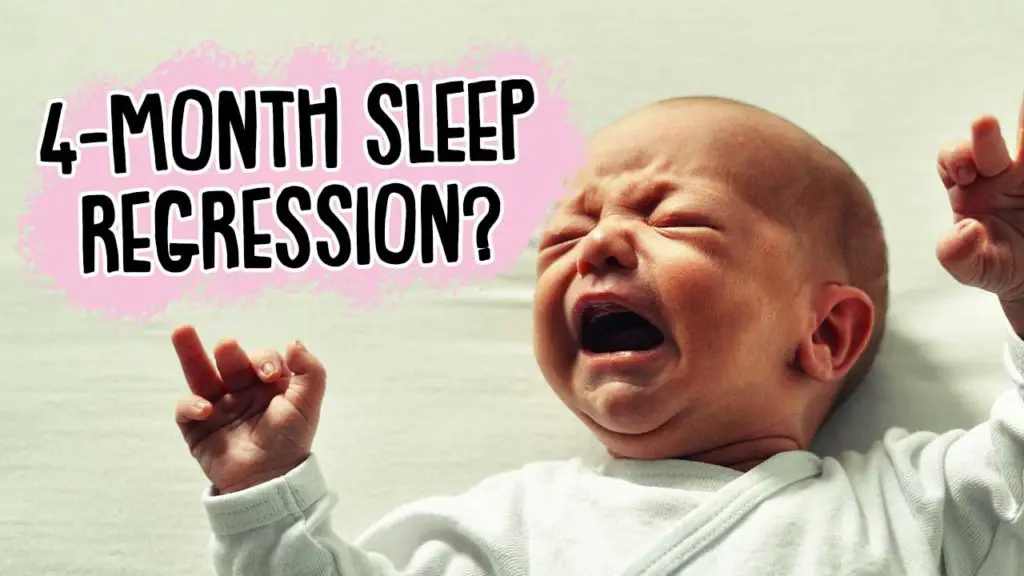

Later, when they wake up in between sleep cycles and their environment is different from the way they fell asleep, this causes them to wake fully (rather than fall back to sleep on their own and shift onto the next sleep cycle).

This is how it typically plays out: Your baby falls asleep in your arms or a swing/bouncer, then is moved to the crib. It’s those brief awake periods that can cause a lot of disruptions to sleep and lead to the dreaded 4 month regression.

So, what happens during the 4 month sleep regression? So, the 4 month sleep regression signs may appear later for a premature baby and that's totally normal. Note that for children who were born early, we go by their adjusted age for sleep development. While this period of wakefulness can lead to new sleep challenges (we’ll get to that in a second!), it’s actually a pretty cool built-in protective mechanism that allows the body to check in on its environment, making sure everything is safe and sound throughout the night. Once a baby starts to cycle through light and deep sleep, they’ll have a brief period of wakening after each cycle. Sleep begins to mature, and babies start sleeping in more stages and cycles, similar to the sleep patterns of an adult. While a newborn’s sleep isn’t strongly controlled by circadian rhythm (our internal “body clock” that helps control sleep), that all starts to change at this age. (Note that breastfed infants also receive melatonin via their mother’s milk.) Developmental changes at 3 - 4 monthsīy this age, babies have begun to produce their own melatonin, the hormone that helps to regulate our sleep-wake cycle. The so-called sleep “regression” happens because your baby starts to wake fully between these cycles and needs help falling back to sleep. To put it simply, your baby may be waking more because they’re growing and developing - not because they’re going backward.ĭespite this first big developmental growth spurt, don't pack up the pacifier and send them off to college just yet. It’s important to note that at this stage, changes in sleep are caused by a biological alteration in the way a child sleeps, rather than a regression caused by a temporary state. Why do babies have a 4 month sleep regression? Rather than continuing to sleep as a newborn, they now have additional cycles of light sleep and deep sleep. When babies are around 3 - 4 months old, their sleep patterns start to mature. How long does the 4 month sleep regression last?ĭoes the 4 month sleep regression affect naps?Ĩ tips to overcome the 4 month old sleep regression

Sudden increases in night waking, short naps, fussiness, or fighting sleep? Yup, the 4 month sleep regression is probably to blame.īut not to worry - whether you’re dreading your baby’s first sleep regression or are already in the midst of it, we’re here to help guide you through this important developmental milestone. Just as your baby leaves the newborn stage and their sleep patterns start to become more predictable - bam! - you may see a big shift. Babies often see a big change in their sleep habits around 3 - 4 months old.


 0 kommentar(er)
0 kommentar(er)
